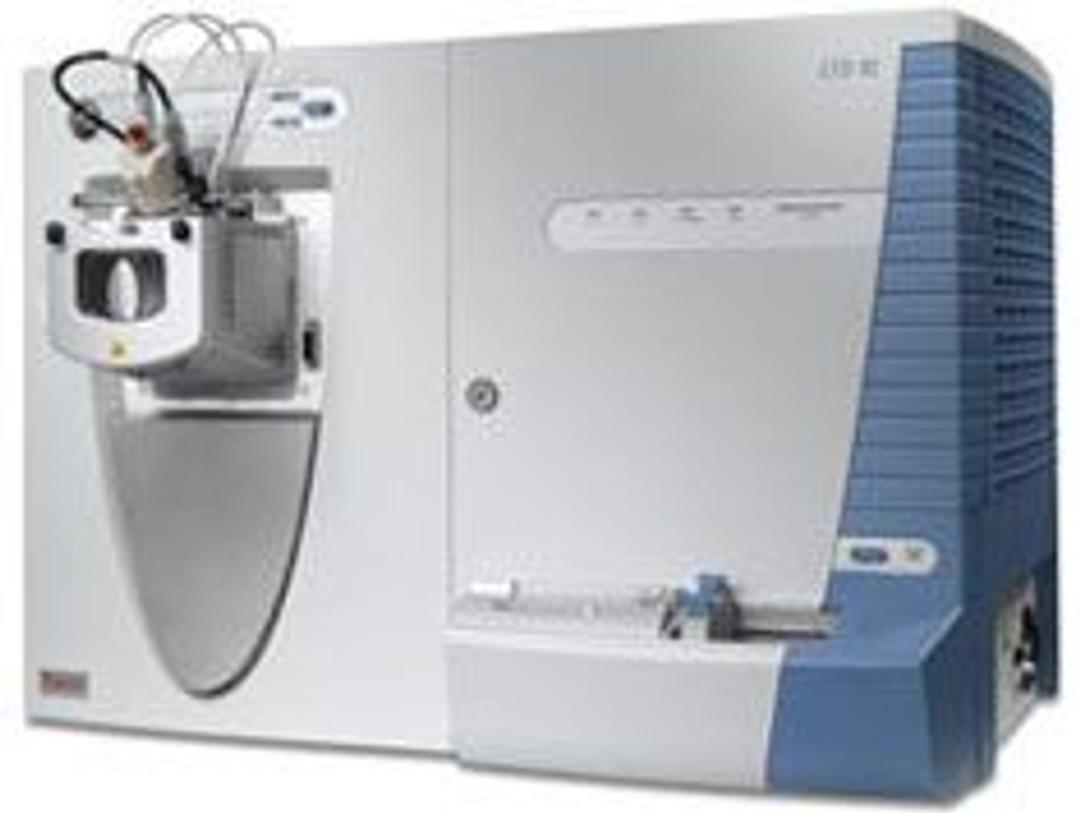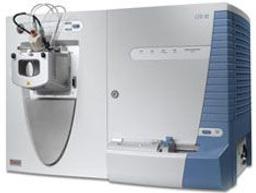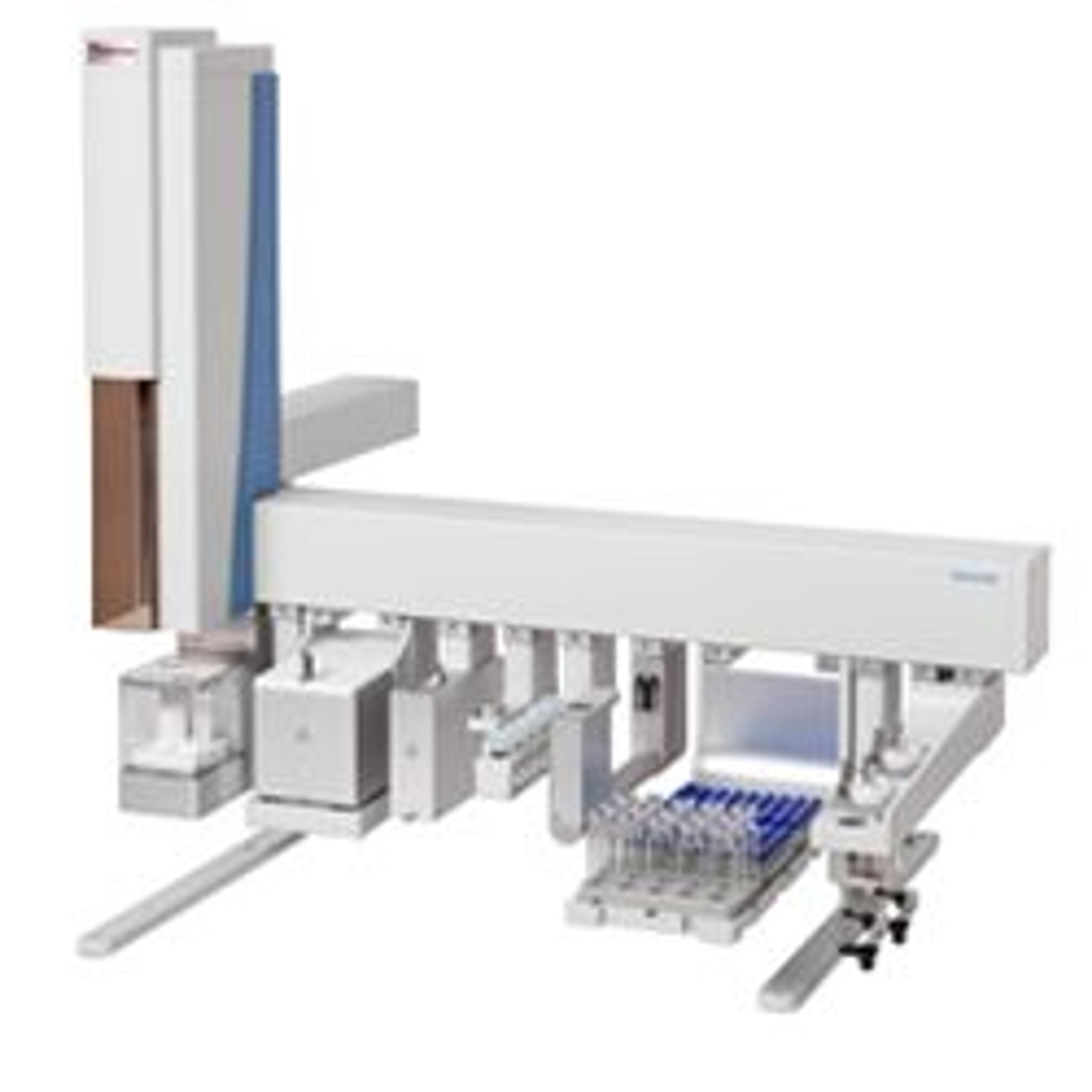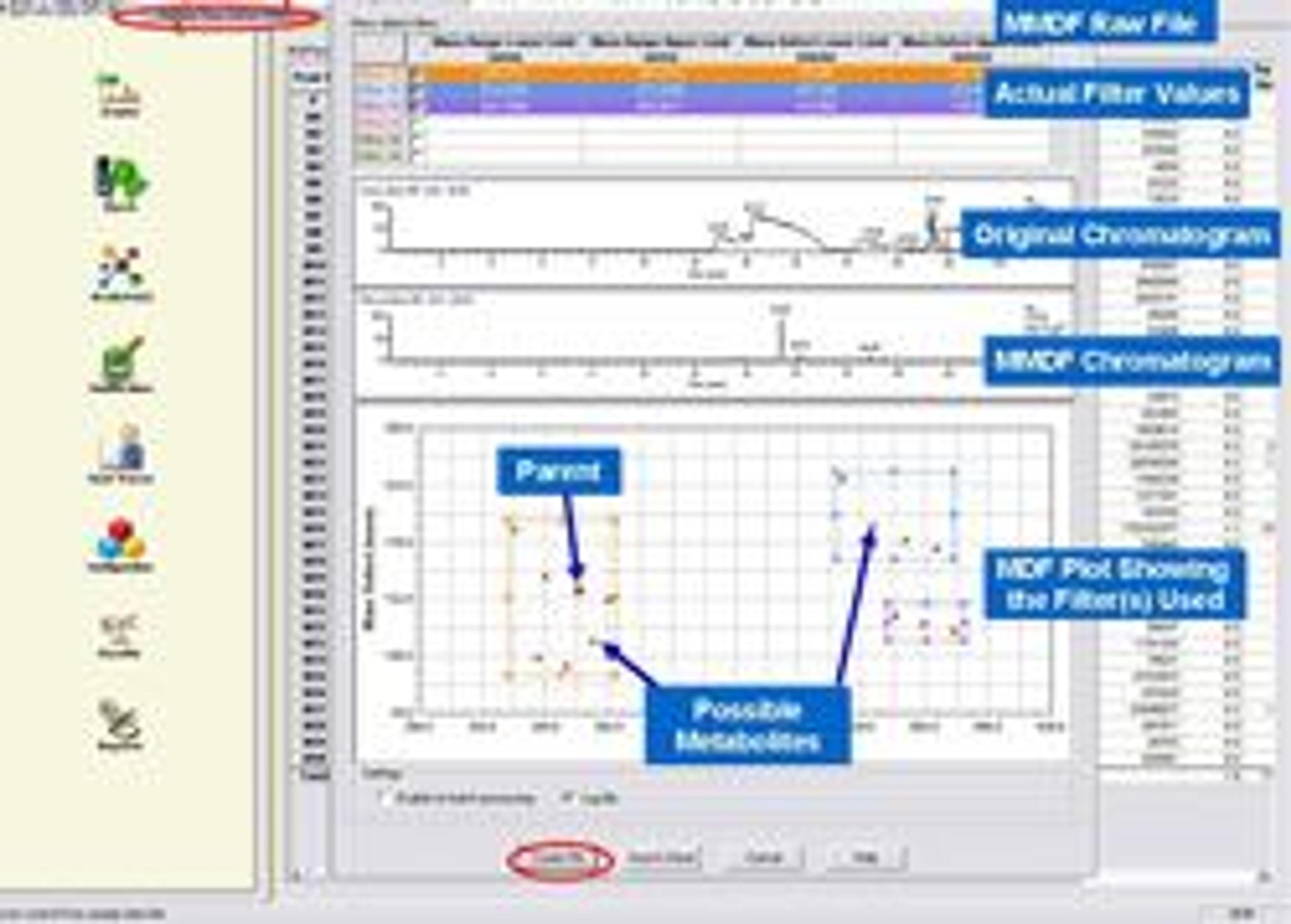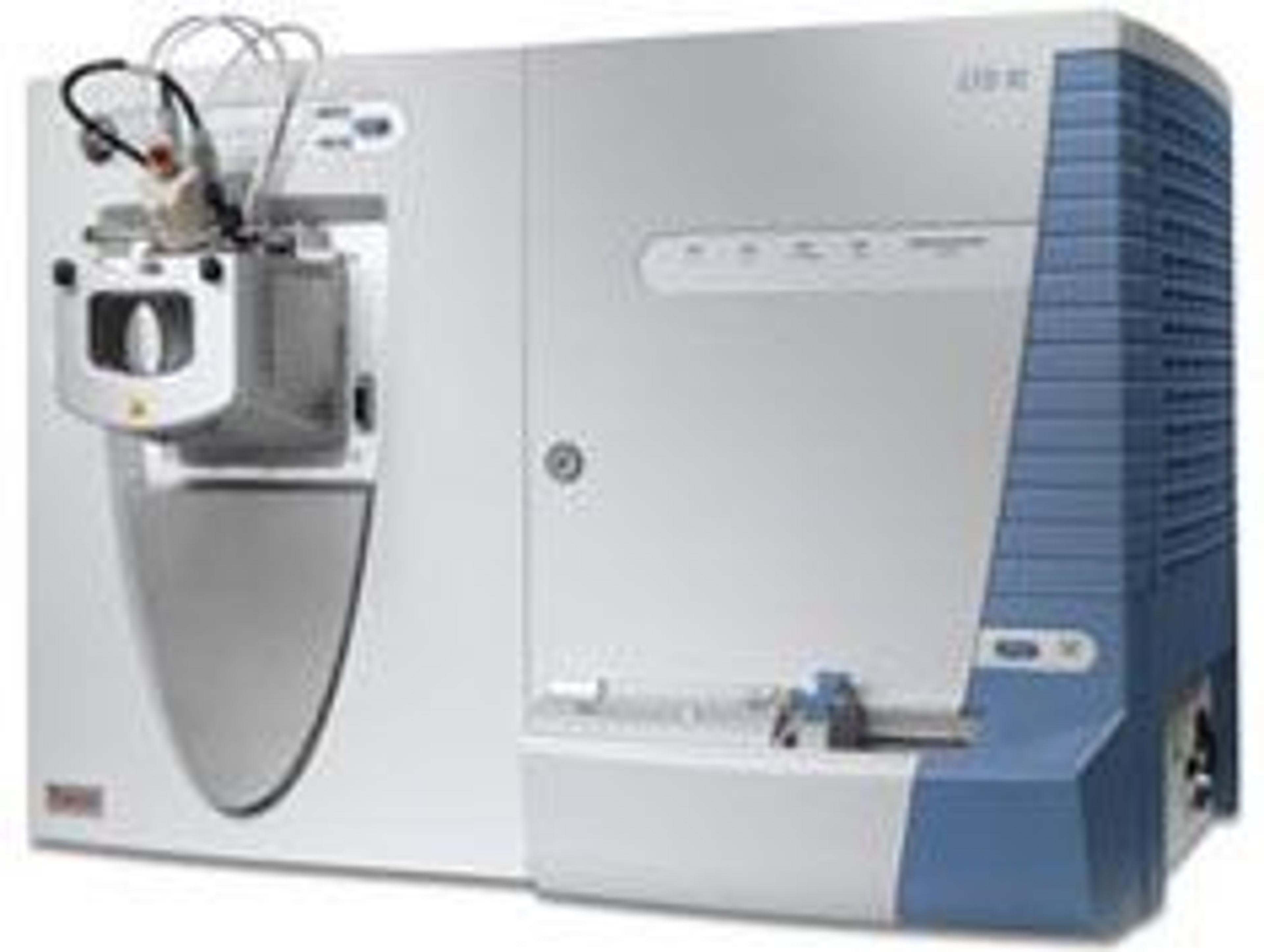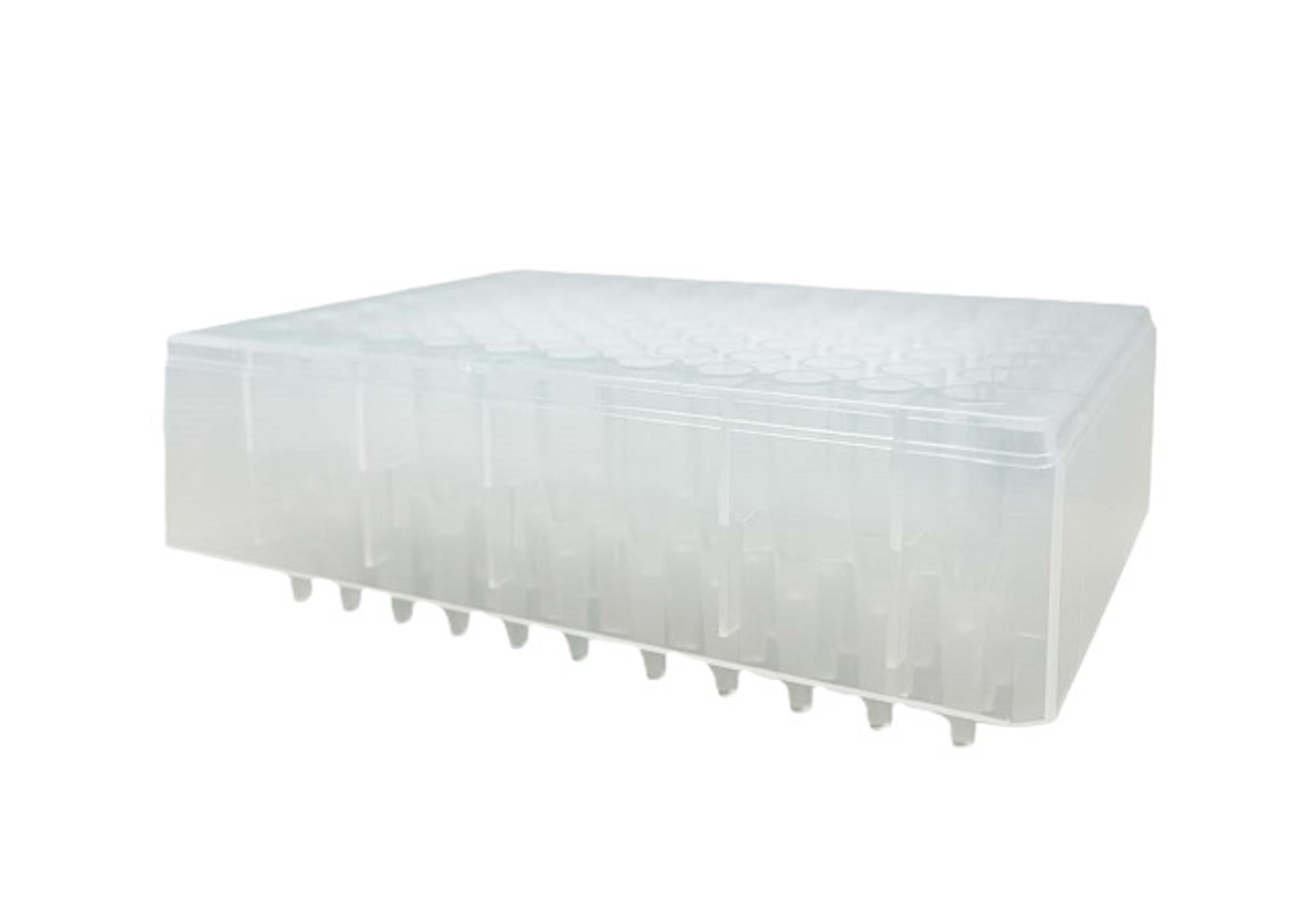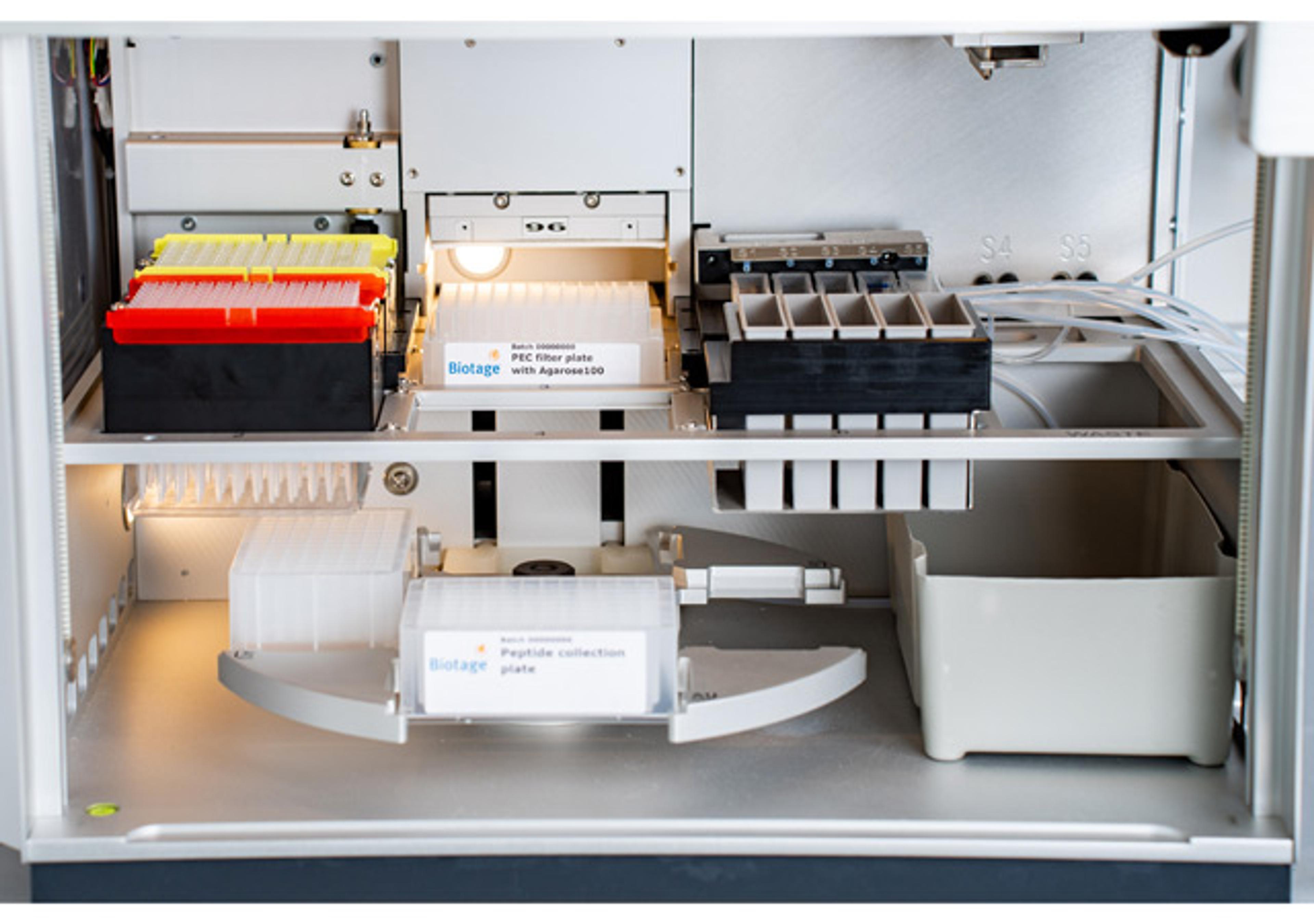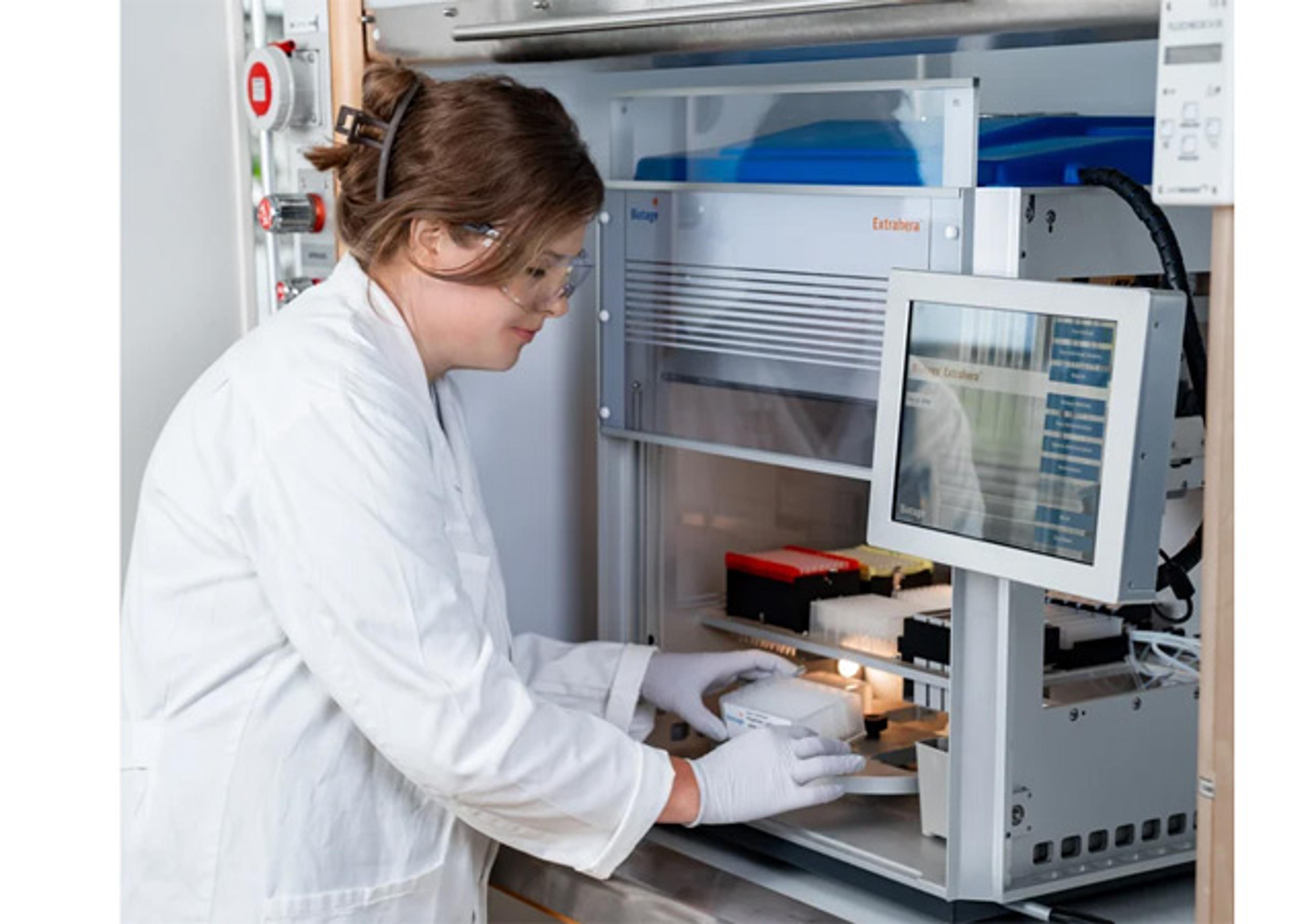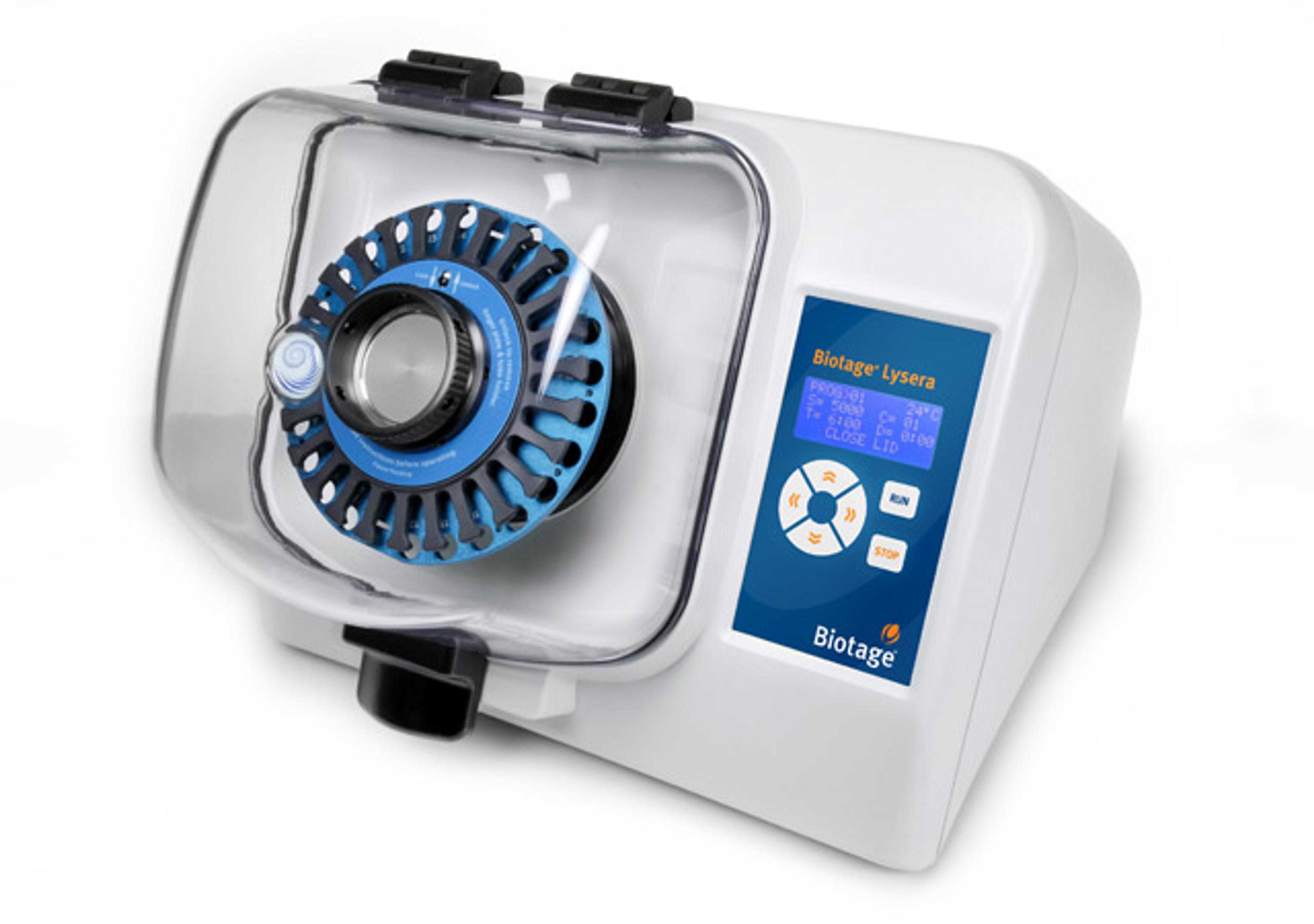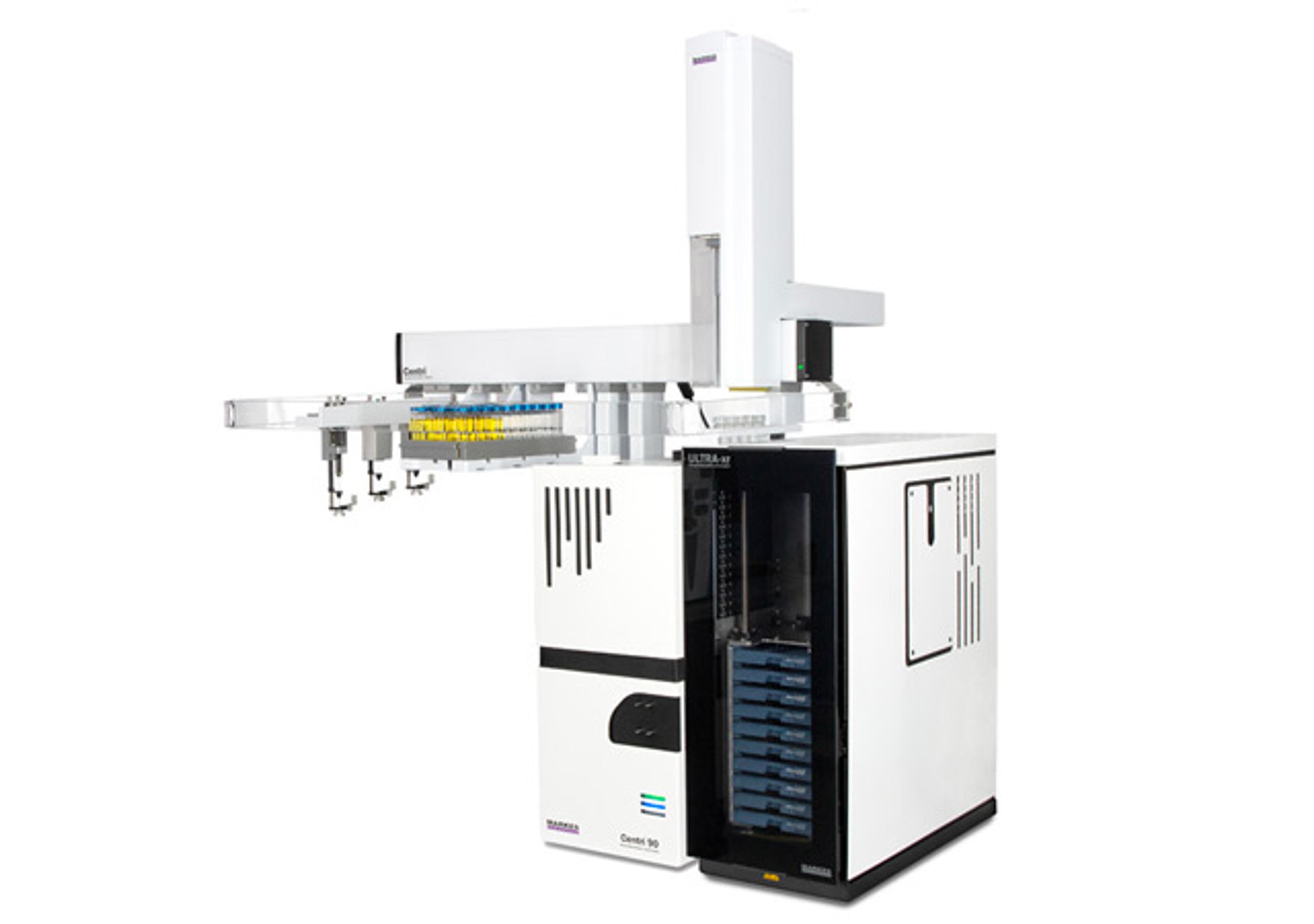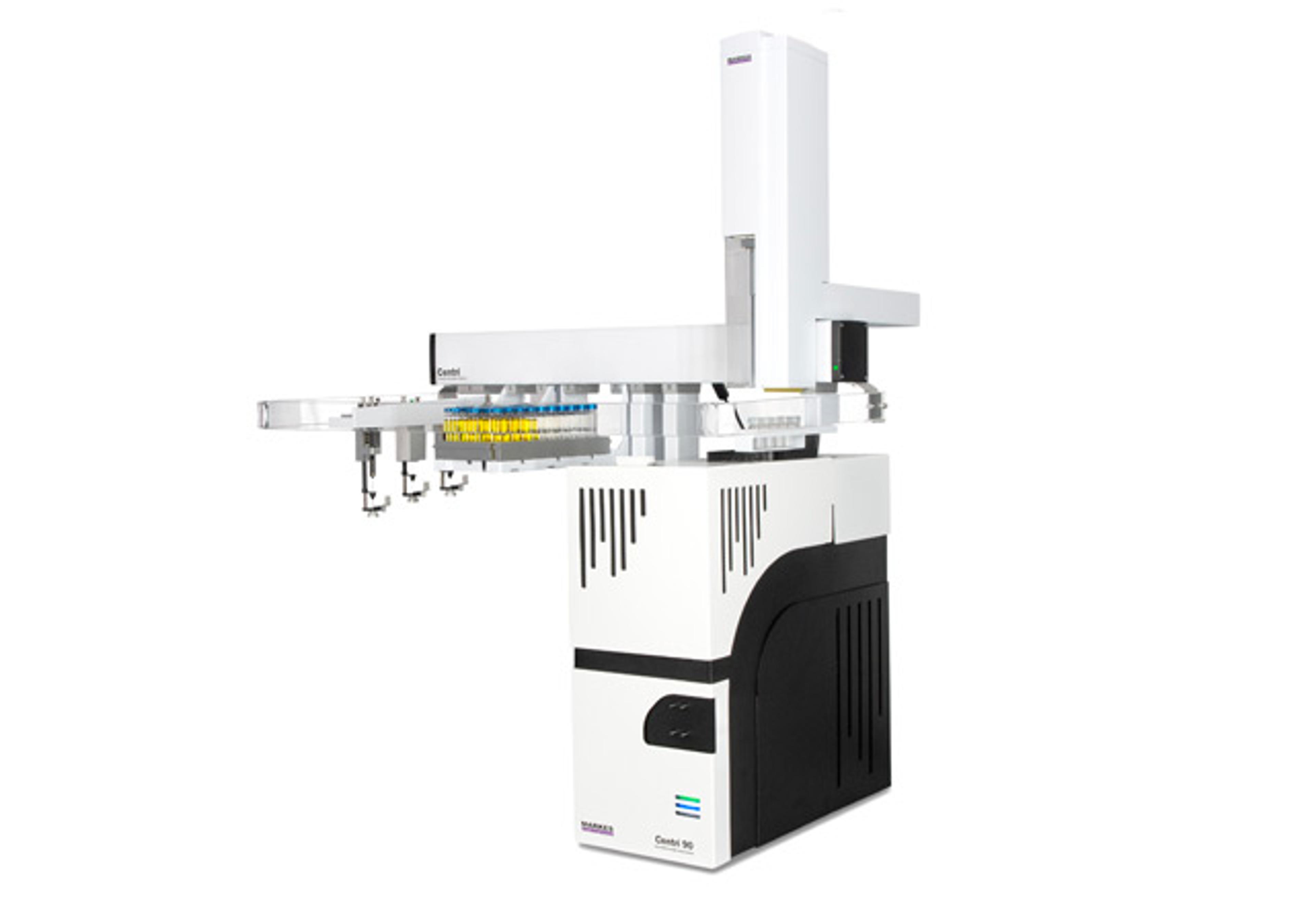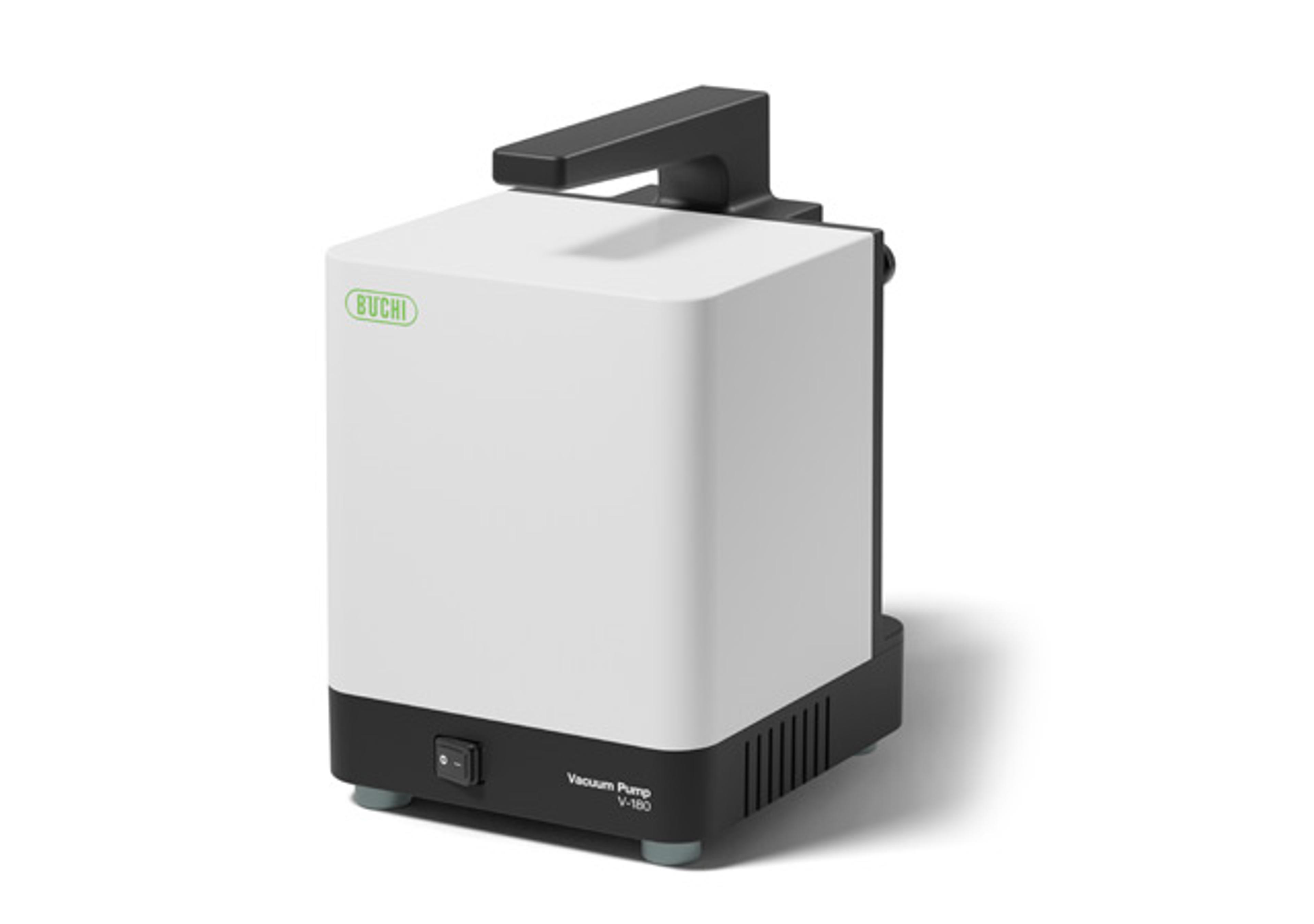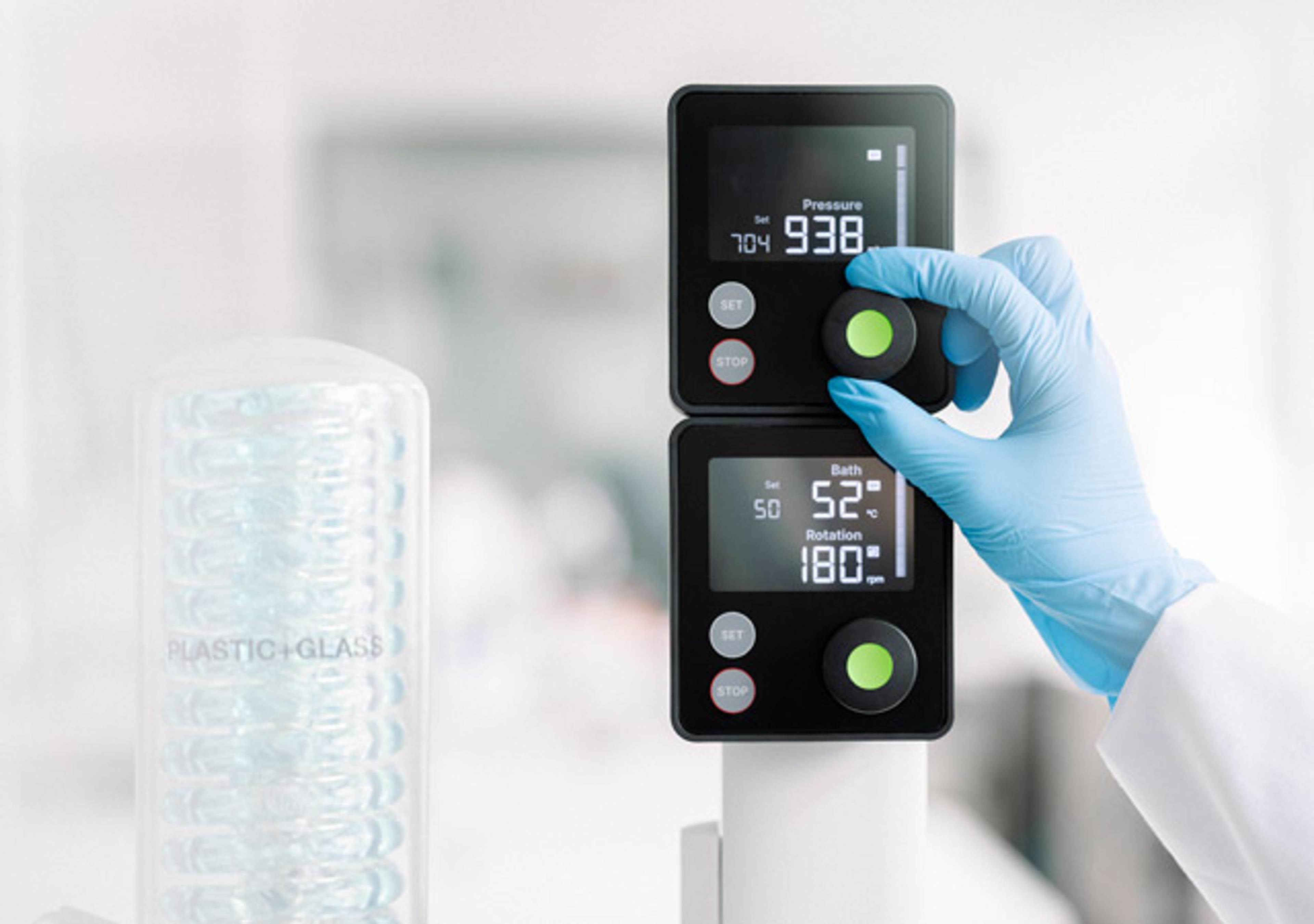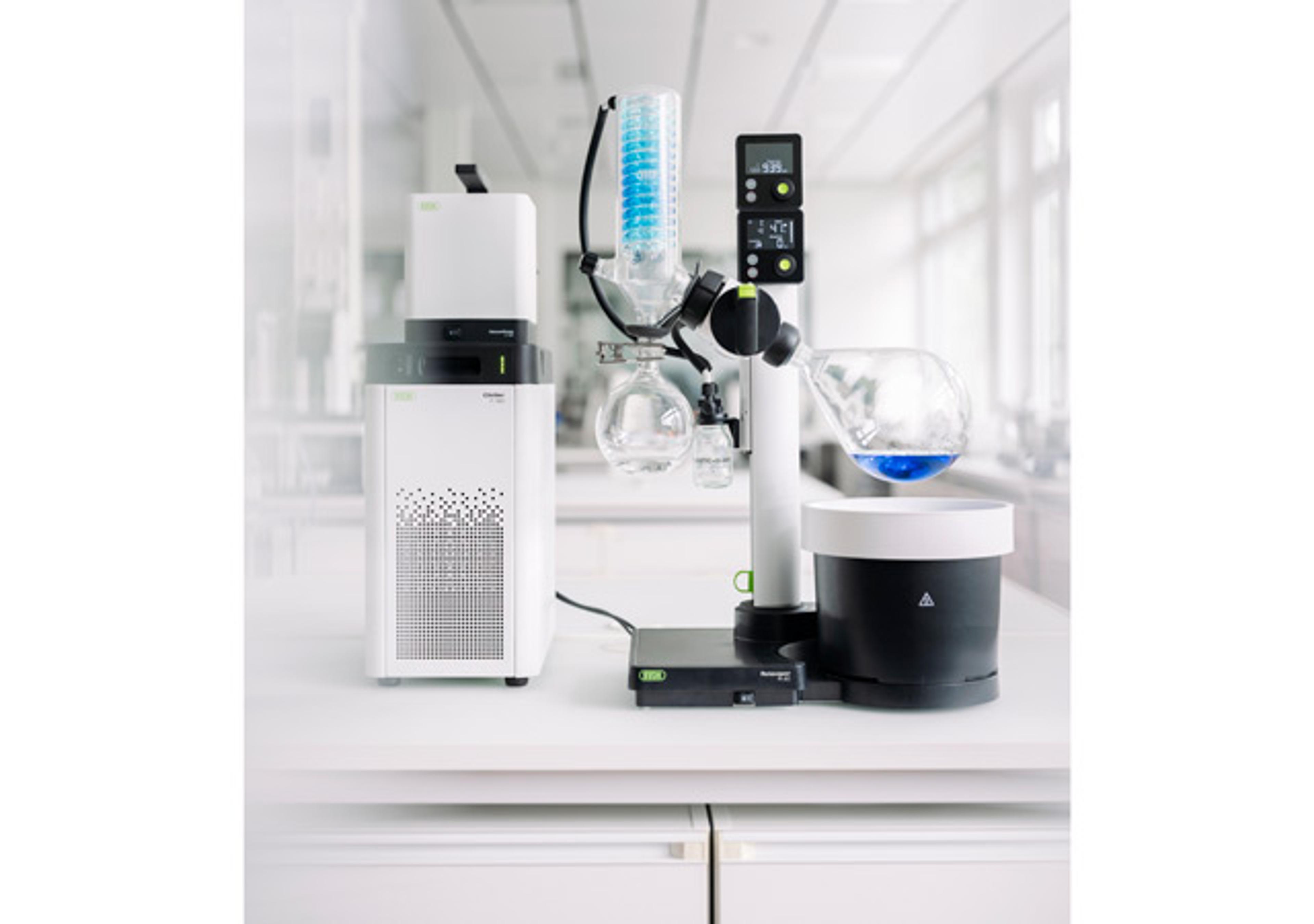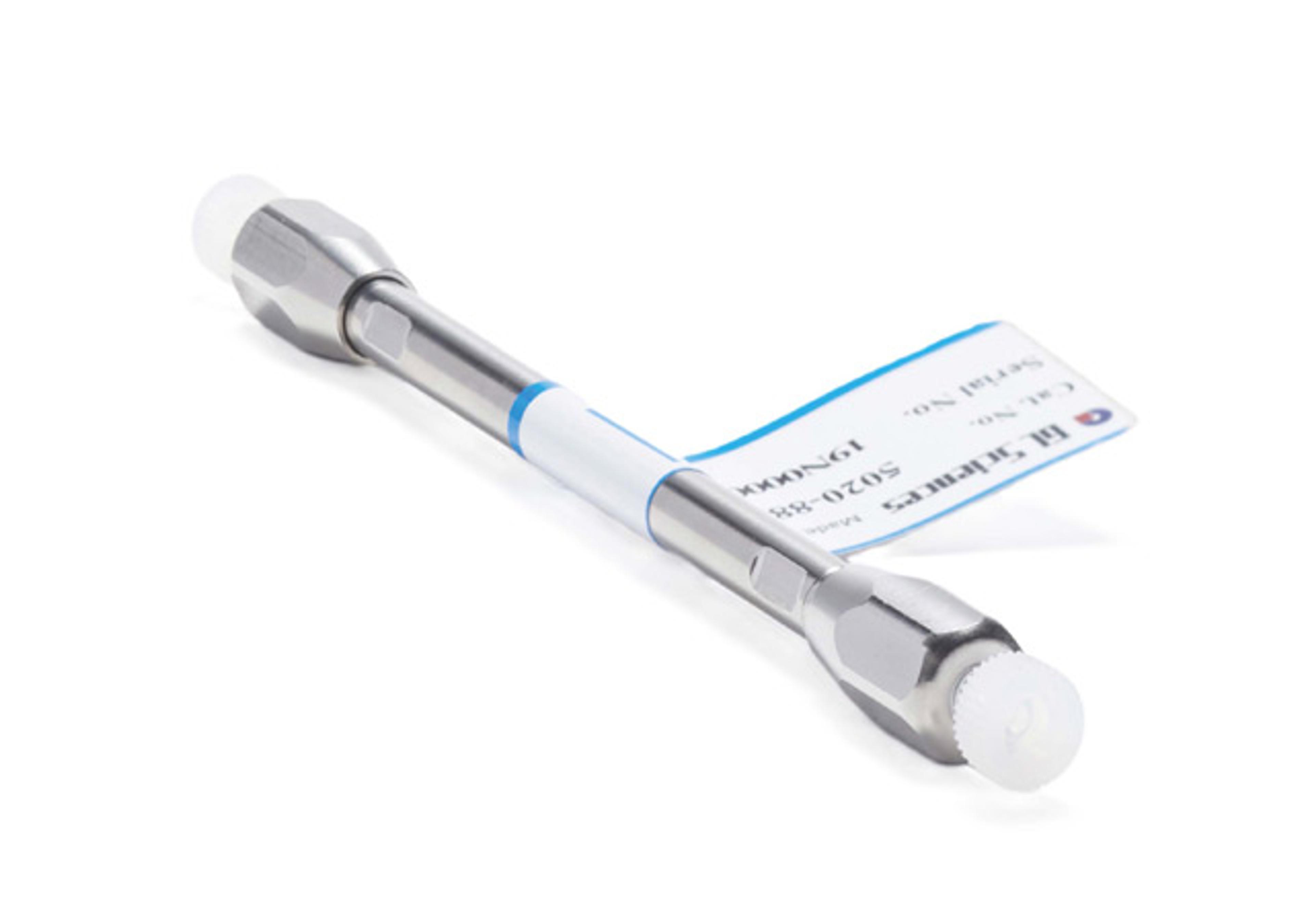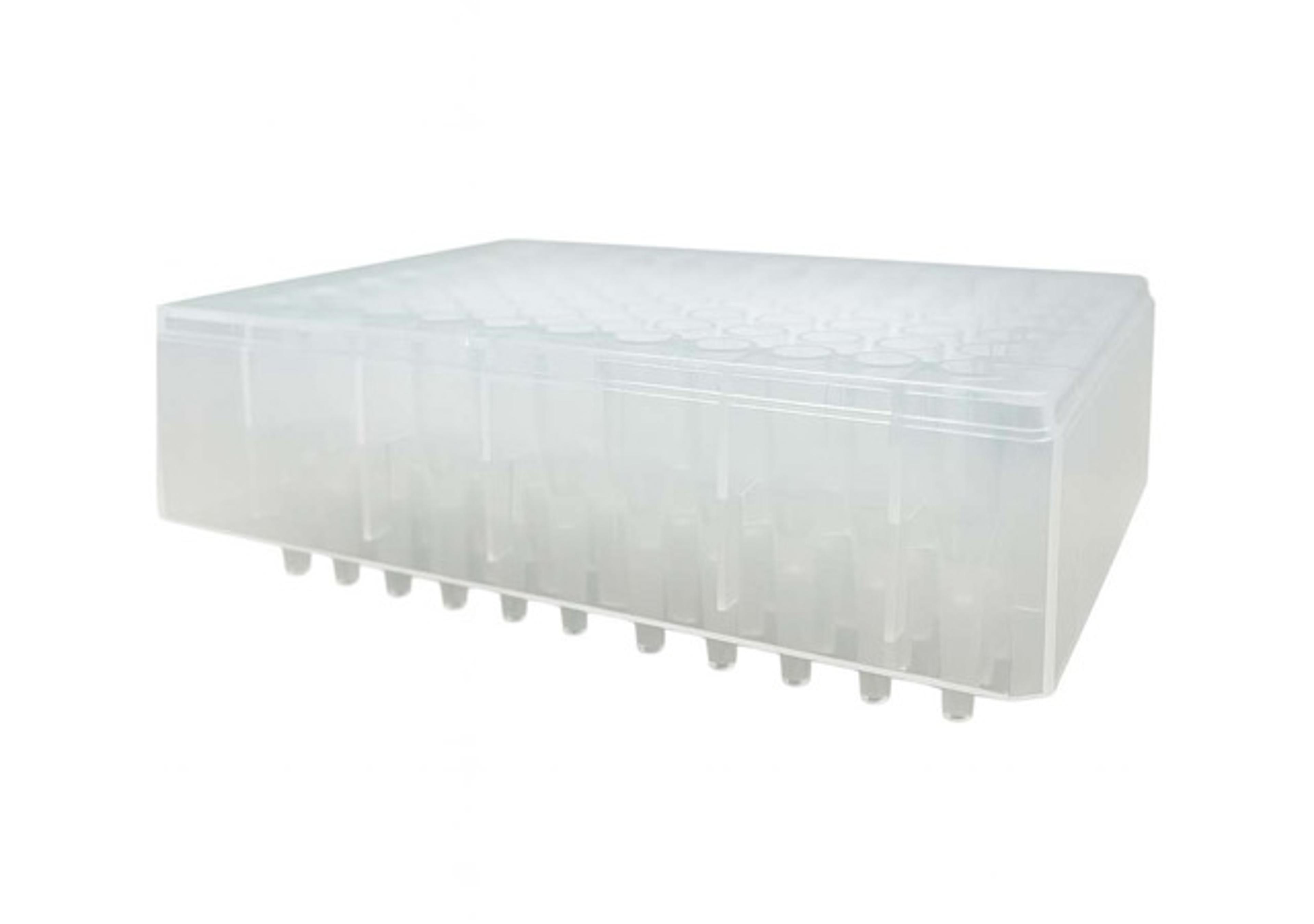LTQ XL™ Linear Ion Trap MS
The LTQ XL™ extends the legendary MSn performance of the LTQ™, incorporating more techniques to generate structural information through Thermo Scientific’s innovations in ion trap technology. Thermo Scientific's LTQ XL is the only mass spectrometer that offers multiple dissociation techniques, PQD, ETD and CID. Pulsed Q Collision Induced Dissociation (PQD) is a patented technique that eliminates the low mass cut-off concern in…

The supplier does not provide quotations for this product through SelectScience. You can search for similar products in our Product Directory.
Very reliable MS
proteomics
Highly effective on the analysis of the product. It is highly reliable and keeps calibrated without any deviations for more than three months. Easy to provide PM, Tuning and Calibration.
Review Date: 14 Apr 2023 | Thermo Fisher Scientific
LTQ XL is a good machine.
Analyze stability of small molecule
The product is robust, the results are repeatable. Easy to use, and the customer service is good. For general chemistry lab users, it's a good choice within a limited budget.
Review Date: 20 Nov 2020 | Thermo Fisher Scientific
Excellent instrument.
proteomics
Samples are quickly analyzed and very accurate results.
Review Date: 24 Nov 2015 | Thermo Fisher Scientific
MS fragmentation building, Impurities/metabolite identification/characterization, data dependent
I liked its ease of operation, easily accessible functions, rugged instrument design performance, which enables and encourages a user to explore and exploit a wide array of functions that it offers.
Review Date: 25 Nov 2014 | Thermo Fisher Scientific
A very good choice for research and non-target analysis.
Review Date: 18 Jul 2012 | Thermo Fisher Scientific
Bioanalytical
It is a robust instrument with good quality. The software interface is easy to use and user friendly. The accuracy and resolution may not be as good as other instruments, such as the Orbitrap.
Review Date: 17 May 2012 | Thermo Fisher Scientific
LTQ XL is a good ion trap for neuropeptide analyses, and it's fairly easy to maintain. Changing ion source to new objective source improves capillary-LC interface. However, I feel it should scan faster.
Review Date: 16 Dec 2011 | Thermo Fisher Scientific
Review Date: 31 Aug 2011 | Thermo Fisher Scientific
Good MS instrument.
Review Date: 26 Apr 2011 | Thermo Fisher Scientific
The hardware is of top-notch construction and analytical performance, however the software could be a bit more user friendly.
Review Date: 19 Apr 2011 | Thermo Fisher Scientific
The LTQ XL™ extends the legendary MSn performance of the LTQ™, incorporating more techniques to generate structural information through Thermo Scientific’s innovations in ion trap technology. Thermo Scientific's LTQ XL is the only mass spectrometer that offers multiple dissociation techniques, PQD, ETD and CID. Pulsed Q Collision Induced Dissociation (PQD) is a patented technique that eliminates the low mass cut-off concern inherent with all ion traps. This results in extensive coverage for predicted and unpredicted metabolites, and the ability to perform peptide quantification using iTRAQ™ labels.
In addition, fast polarity switching for high-sensitivity analysis of unknowns, high resolution isolation (HRI), intelligent Data Dependent™ acquisition, and optional high resolution accurate mass functionality are all tools to help the researcher gain confident structural identification routinely.
LTQ XL – Redefining Performance
- Pulsed Q Dissociation (PQD) for generating more fragments and extending the low mass range
- Electron Transfer Dissociation (ETD) option provides sequence information not available from conventional methods
- High Resolution Isolation (HRI) enables isolation of isobaric mass peaks for cleaner MSn spectra
- Ultra-fast polarity switching for high sensitivty analysis of unknowns
- MS10
- Unparalleled sensitivity and unmatched MSn spectral quality
- Best coverage for metabolic profiling and proteomics research
- Simultaneous qualitative and quantitative screening
- Automated Data Dependent™ neutral loss for PTM and biotransformation analyses
- Excellent charge state determinations with Ultra ZoomScan™
- Platform for LTQ FT Ultra and the LTQ Orbitrap

